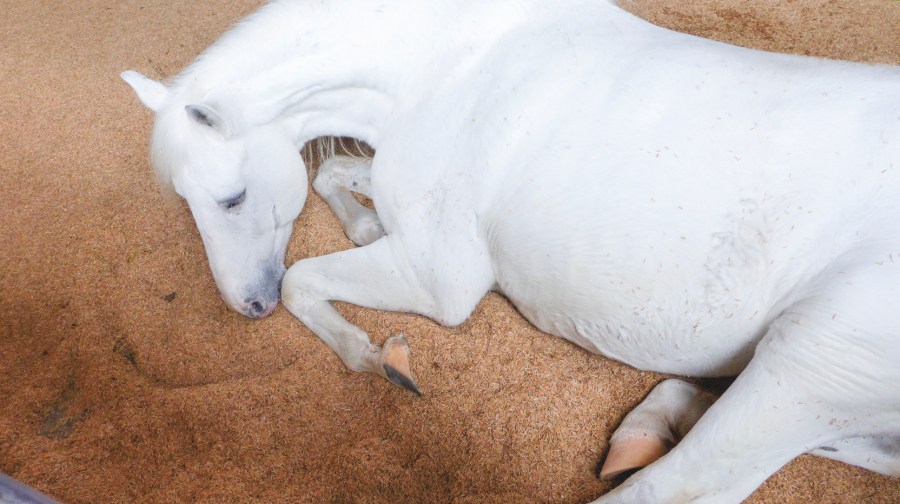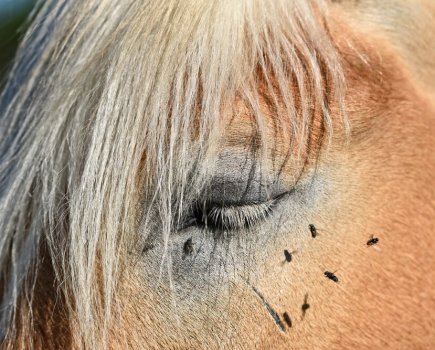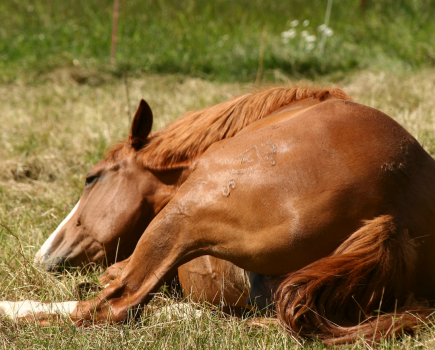Discovering your horse has injured himself is always worrying and prompt, correct treatment is essential.
If you find a wound on your horse, you need to calmly assess it in order to understand how serious it is and work out what action you need to take. The following expert advice will help you do this.
Two key questions
When you find a wound, ask yourself two questions:
- Is the wound still bleeding?
- How old is it?
“Look around, because if you can find what’s caused the wound you’ve got a big clue as to possible damage and potential problems during the healing process,” advises Georgie Hollis, who founded the Veterinary Wound Library and Bandaging Angels.
Location, location
Location rather than size is the best indicator of severity, says Georgie.
“Anything from the stifle down and all leg wounds, however small, should be taken seriously — especially those over a joint or in the sole of the foot,” says Georgie.
“Even a small puncture could have penetrated structures that are extremely hard to treat if infection sets in.”
Penetrating injuries
Penetrating wounds to a body cavity are also a concern, as they could affect your horse’s internal organs.
“Muscular wounds may look horrific but they are less serious and can heal very well,” adds Georgie.
Do you need the vet?
Call-outs cost money, but early veterinary intervention can save cash and stress in the long run.
How your horse reacts to a wound is a good guide as to whether there could be something life-threatening going on, explains equine vet Dr Patrick Pollock MRCVS.
“Thankfully, wounds with underlying fractures form the minority of cases,” he says. “Usually, wounds aren’t particularly painful so a horse that’s non-weight bearing after a wound rings alarm bells and shouldn’t be moved until a vet has seen them.”
Infected wounds
Patrick says contaminated joint and sole puncture wounds are much more common, and are often missed or discounted by owners.
“The horse isn’t lame initially, but then 24-hours later the wound has become septic, the horse is non-weight bearing lame and the prognosis has become much worse.
“Always get your vet’s opinion on these kind of injuries, as quick action could save your horse’s soundness and even his life.”
Your Horse’s First Aid Week is brought to you in partnership with Absorbine









